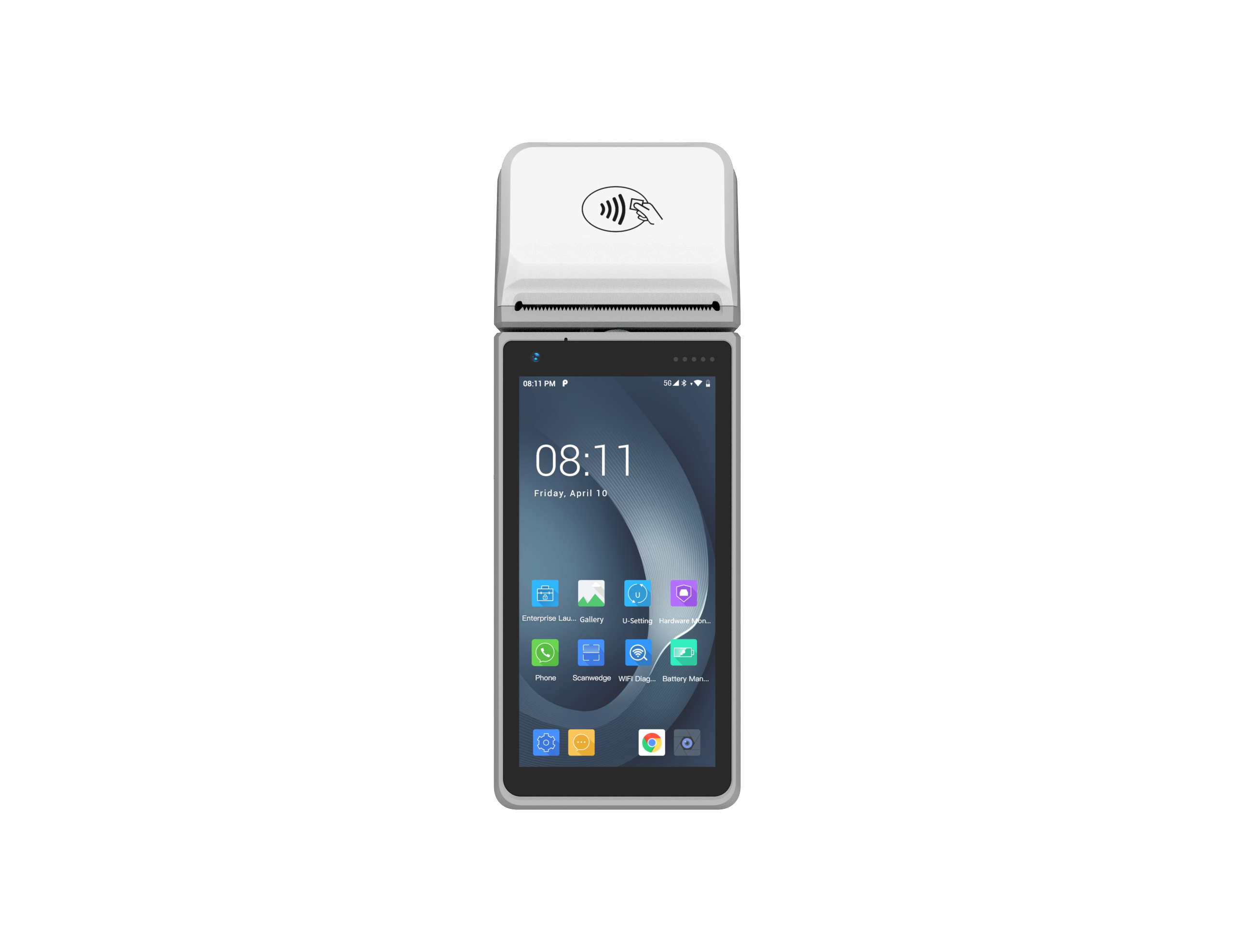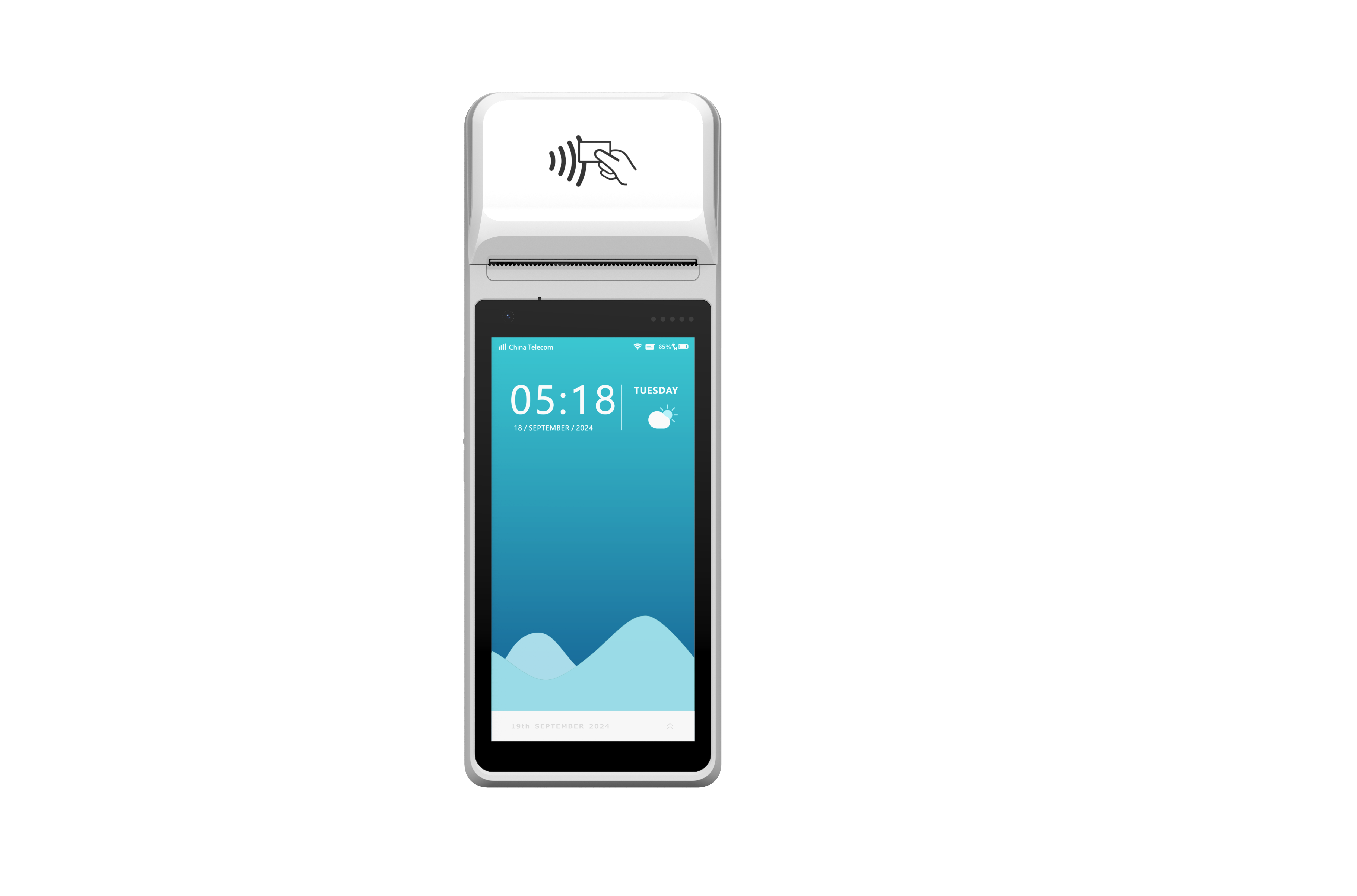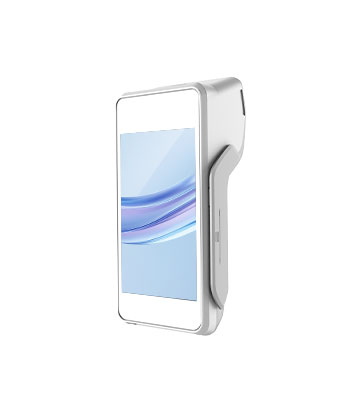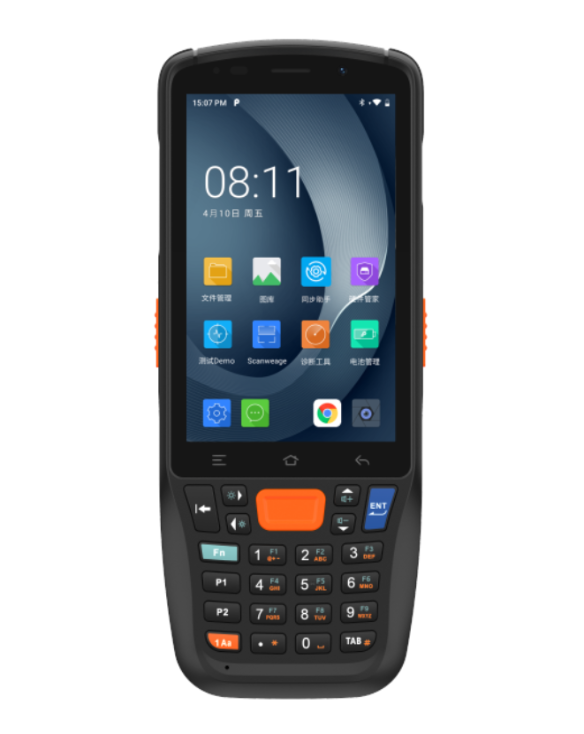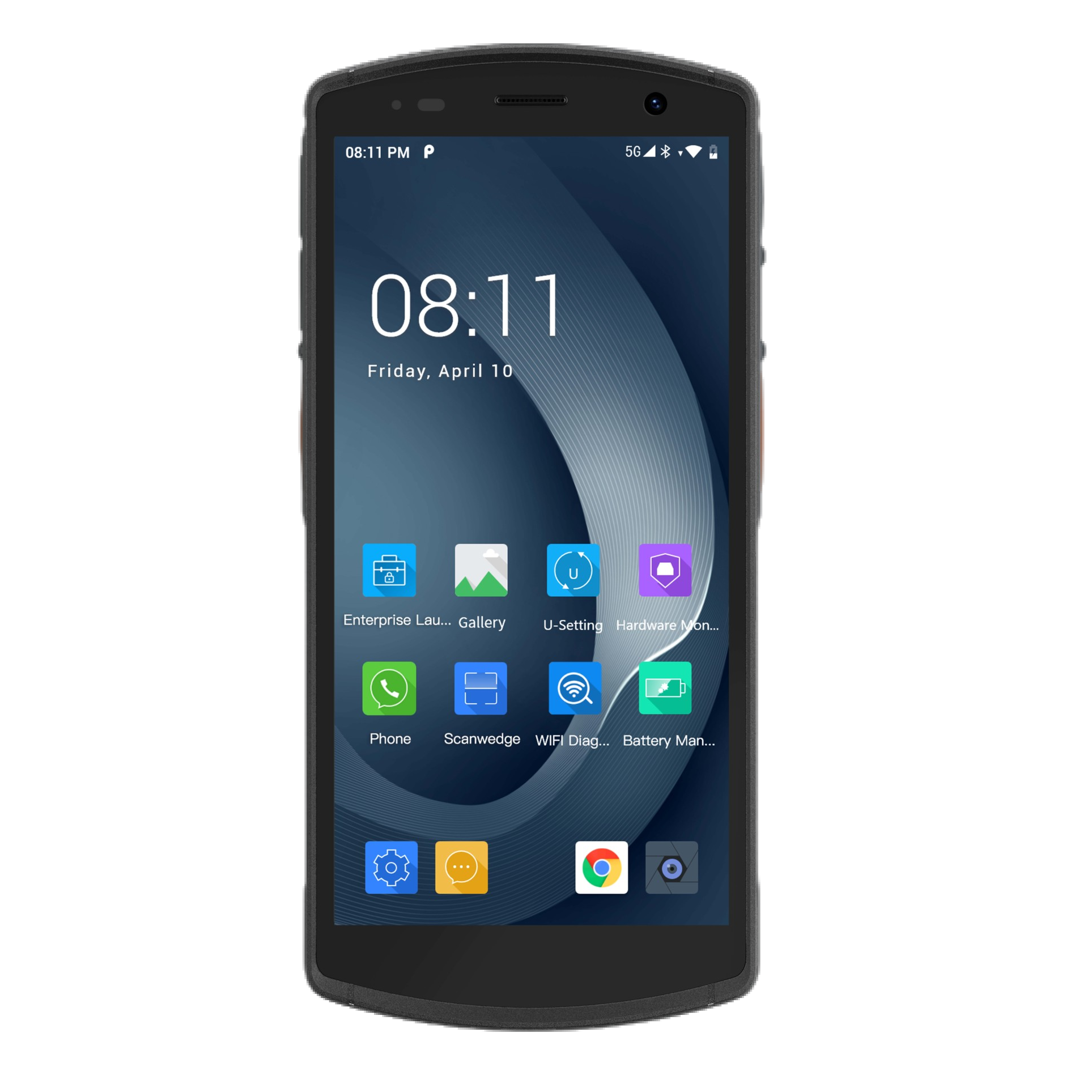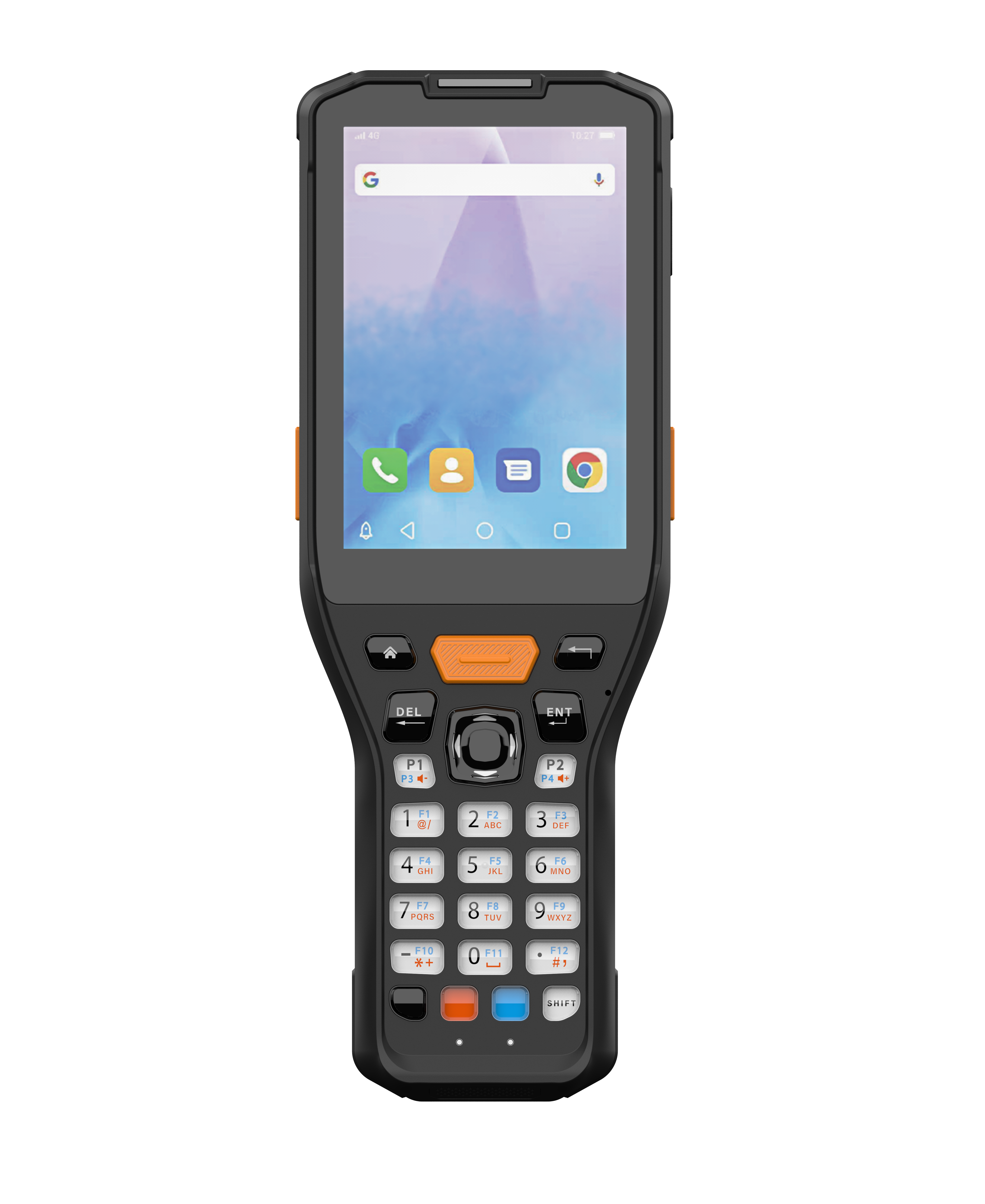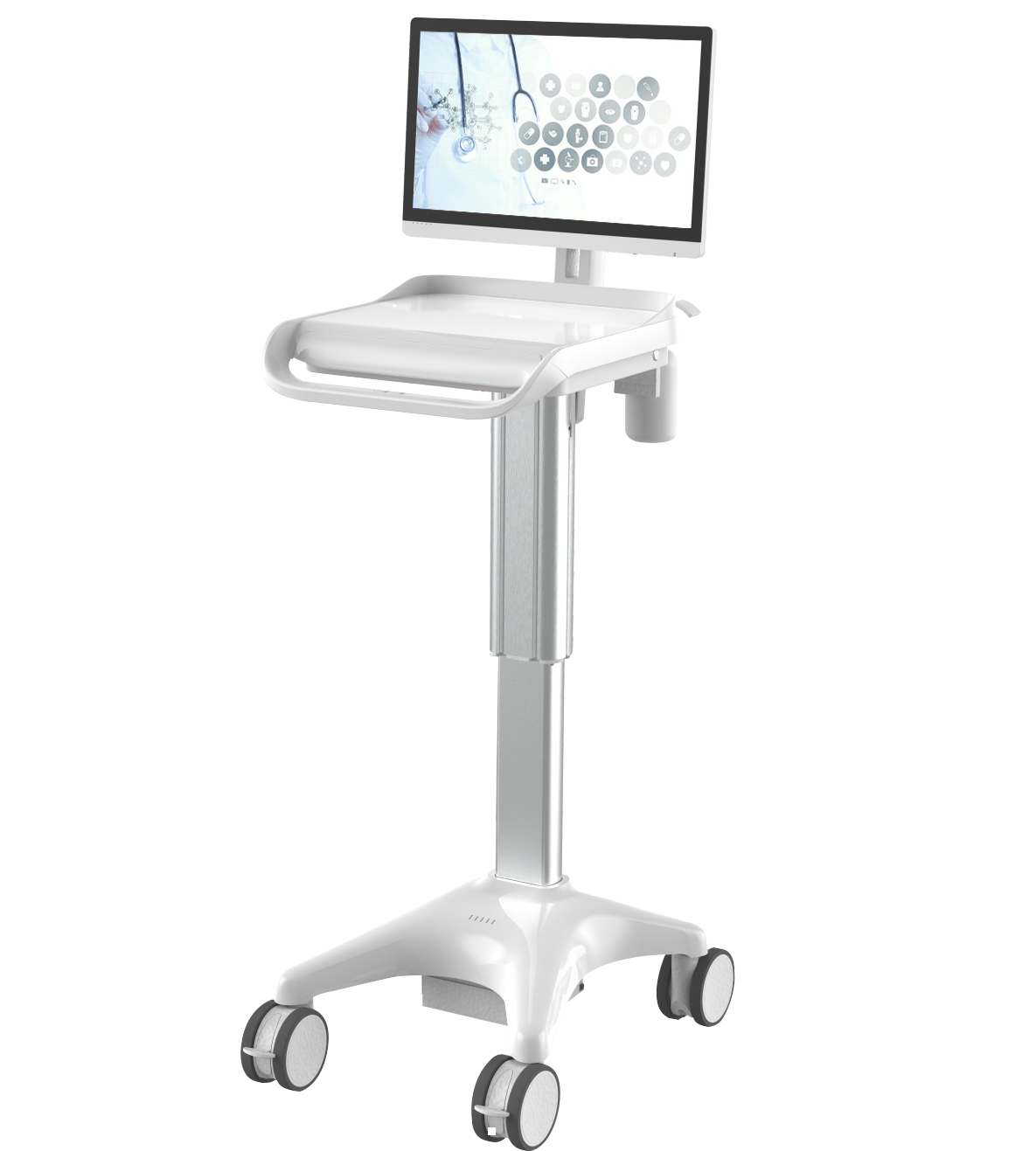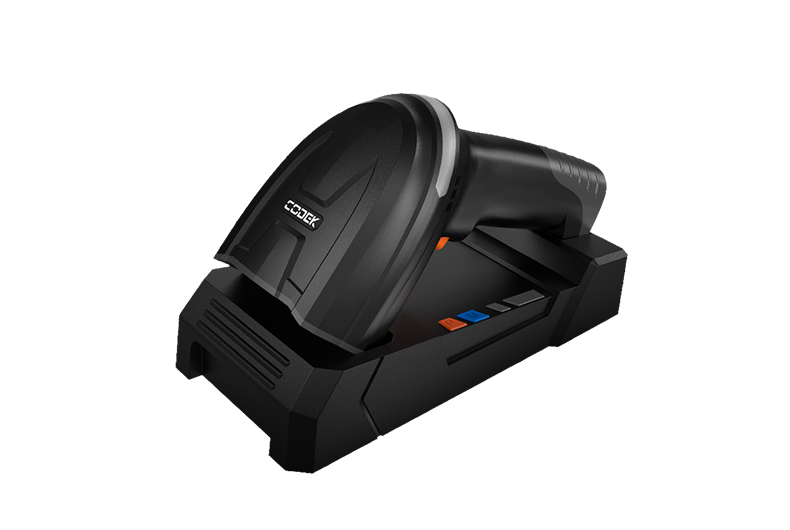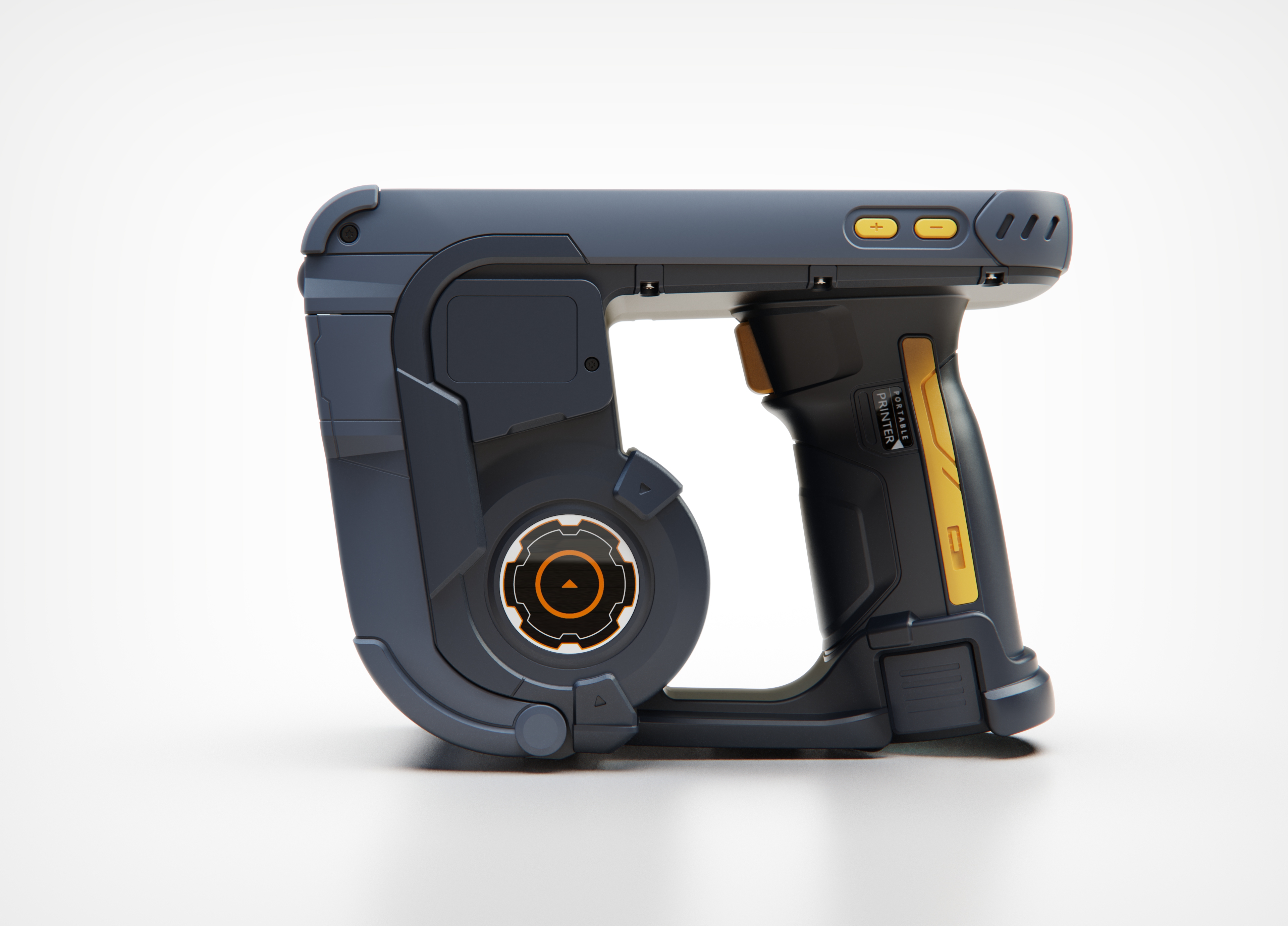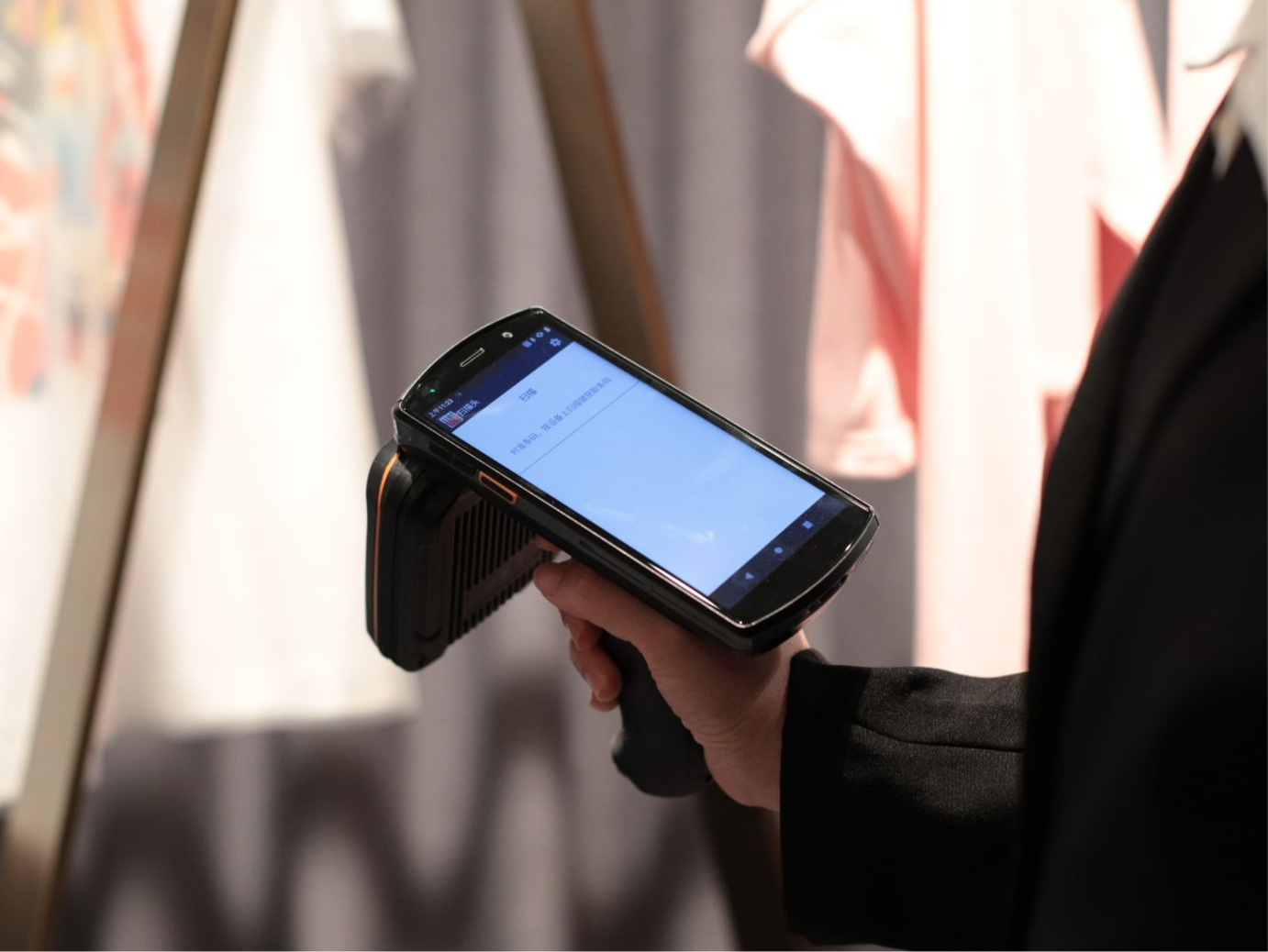RFID Scanner Devices and Privacy Considerations
RFID (Radio Frequency Identification) technology has become indispensable in a wide range of industries, from retail to healthcare, helping businesses streamline processes and enhance operational efficiency. However, as with any technology that handles sensitive information, RFID scanner devices raise concerns about data privacy and security. These concerns include the risks of unauthorized access, data breaches, identity theft, and ensuring compliance with laws like GDPR and HIPAA. In this blog, we’ll explore these privacy risks and discuss how businesses can protect sensitive information when deploying RFID systems.
Unauthorized Access to RFID System Data
One of the primary privacy risks associated with RFID technology is the potential for unauthorized access. RFID tags store and transmit data about products, and in some cases, this data can include personal information. If RFID systems are not properly secured, hackers could intercept the signals emitted by these tags and gain access to sensitive information without permission.
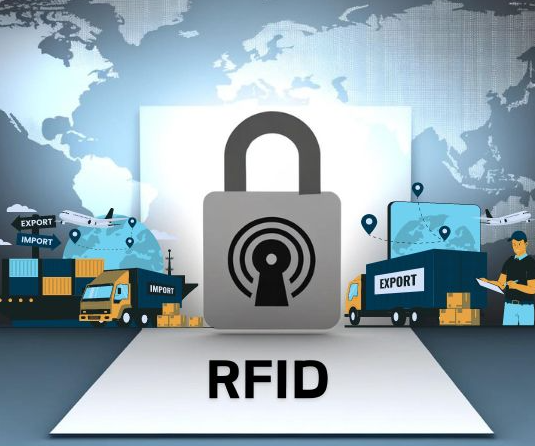
For example, in a retail setting, someone with a handheld RFID scanner could steal inventory data by scanning tags outside a store. In healthcare, where RFID tags might track medical equipment or even patient locations, unauthorized access could expose sensitive health data. Such a breach not only threatens privacy but also poses significant risks to the overall security of the organization.
To mitigate this risk, businesses should implement strong encryption protocols. Encrypting the data transmitted by RFID tags ensures that even if an unauthorized party intercepts the signal, they cannot read or use the information without the correct decryption key. Additionally, RFID scanners equipped with advanced security features can detect and block unauthorized scanning attempts. For example, Urovo’s RFID scanners incorporate such security mechanisms, making it more difficult for hackers to access sensitive data and improving the overall security of the system.
Data Breaches and Identity Theft in RFID Systems
Another significant privacy concern is the risk of data breaches and identity theft. RFID systems store and transmit sensitive information, such as customer data, financial records, and personal identification details. If attackers exploit vulnerabilities in the RFID infrastructure, they could gain unauthorized access to this data, resulting in severe consequences such as identity theft and financial loss.
For instance, a hacker might use an RFID credit card scanner to intercept and clone the data from an RFID-enabled credit card, leading to financial fraud. Similarly, a compromised scanner RFID could be used to gather sensitive personal information from loyalty cards or membership tags. Such breaches could undermine customer trust and lead to significant reputational damage.

To protect against these risks, businesses can implement several safeguards. One effective method is the use of long range RFID scanners that employ advanced encryption and data protection protocols to prevent unauthorized data interception. These scanners can also detect and block potential malicious attempts to access sensitive information. Furthermore, businesses should regularly audit their RFID systems for vulnerabilities and ensure they comply with relevant security standards.
Dual PSAM Cards for Enhanced Data Security
A particularly effective way to strengthen the security of RFID systems is through the use of dual PSAM cards (Programmable Security Access Modules). These cards are designed to handle encryption and manage access to sensitive data, providing an extra layer of protection. By using dual PSAM cards, businesses can implement stronger encryption, redundancy, and access control mechanisms, reducing the chances of data breaches and unauthorized access.
Dual PSAM cards offer a double encryption process that ensures even if a hacker intercepts the signal from an RFID handheld scanner, they would be unable to decrypt the data without the proper security keys. This makes it significantly harder for attackers to clone or misuse RFID data, even if they gain physical access to the system.
Additionally, using dual PSAM cards can help businesses meet strict data protection regulations such as GDPR and HIPAA, by ensuring that sensitive data remains secure and only accessible by authorized personnel. For example, Urovo’s RFID scanners come equipped with PSAM card functionality, making them an excellent choice for businesses that require enhanced security measures and compliance with regulatory standards.
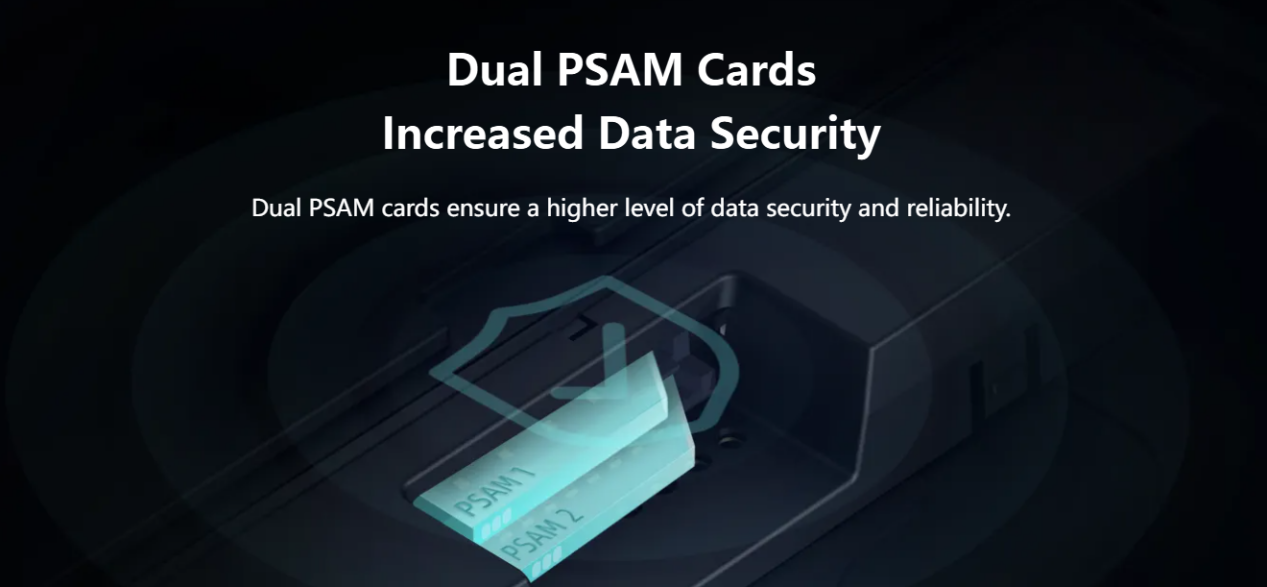
RFID and Barcode Scanners: A Combined Approach to Security
Another innovative solution for businesses looking to bolster their RFID systems’ security is the integration of RFID and barcode scanners. By combining RFID and barcode scanning capabilities in a single device, businesses can gain the benefits of both technologies while ensuring that their systems remain secure and efficient. The RFID barcode scanner provides flexibility in tracking inventory and assets, while also enhancing data accuracy and security by incorporating encryption protocols and access controls.
Furthermore, when used together, RFID and barcode scanners can offer a higher level of security and reduce the likelihood of errors or data breaches. For example, a RFID handheld scanner might be used for real-time tracking of high-value items, while a traditional barcode scanner is used for less sensitive inventory items. This layered approach can make it more difficult for unauthorized parties to access critical data, and it provides businesses with more options for securing their RFID infrastructure.
Compliance with Regulations
For businesses operating in sectors that require compliance with regulations such as GDPR (General Data Protection Regulation) or HIPAA (Health Insurance Portability and Accountability Act), securing RFID systems is crucial. These laws mandate stringent data protection measures, especially when it comes to handling personal or medical information.
To ensure compliance, businesses should use RFID scanners that meet these regulatory requirements and incorporate robust encryption and security features. Implementing strong data protection measures such as dual PSAM cards, regular system updates, and proper user access controls can help ensure that companies comply with data privacy laws while safeguarding customer and patient information.
Conclusion
As RFID technology continues to play a crucial role in modern business operations, ensuring the security and privacy of sensitive data is more important than ever. By investing in RFID scanner devices that feature strong encryption, dual PSAM card capabilities, and advanced security measures, businesses can mitigate the risks associated with unauthorized access, data breaches, and identity theft. With the right security protocols in place, companies can take full advantage of RFID’s efficiency and convenience while keeping sensitive information safe and secure.
For more information on RFID scanners with enhanced security features, check out Urovo’s RFID scanner solutions.
Editor's Note:
Here are some relative resources you may be interested in:
The Future of Asset Tracking: Why RFID Scanners Are Essential for Modern Businesses
Emphasize the essential role of RFID scanners in modern businesses by highlighting their benefits in enhancing inventory management, improving accuracy, and streamlining operations for greater efficiency and cost savings.
Provide an overview of UHF RFID readers, explaining their technology, functionality, and advantages in various applications, including inventory management and asset tracking.
Common Issues with UHF RFID Readers
Outline common challenges faced with UHF RFID readers, including signal interference, read range issues, and tag compatibility problems, while providing insights on how to address these issues to enhance operational efficiency.


